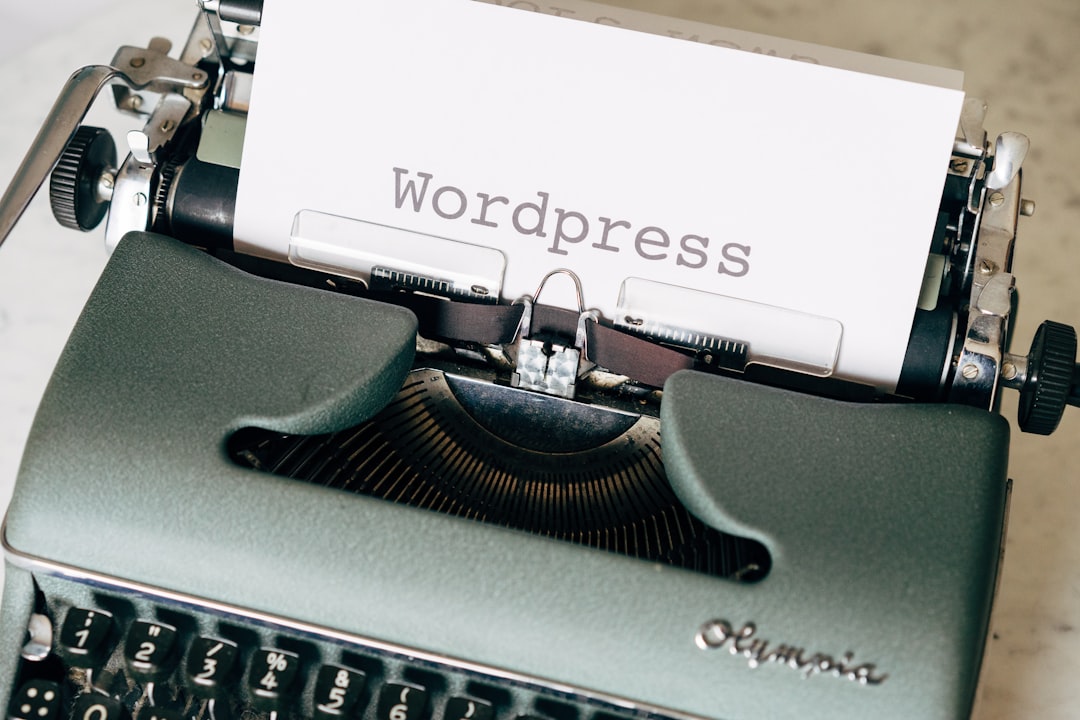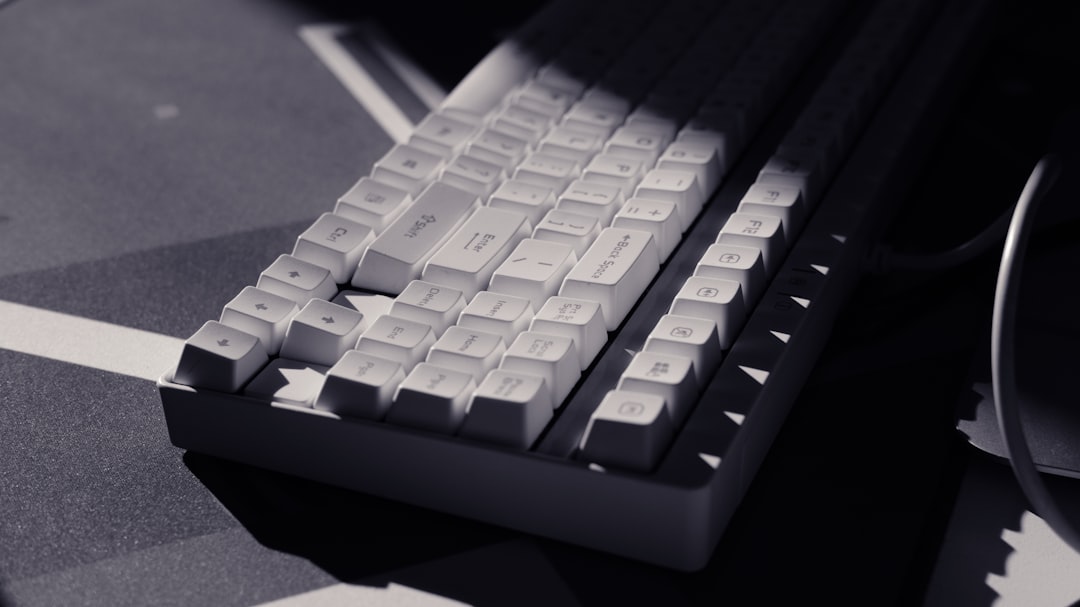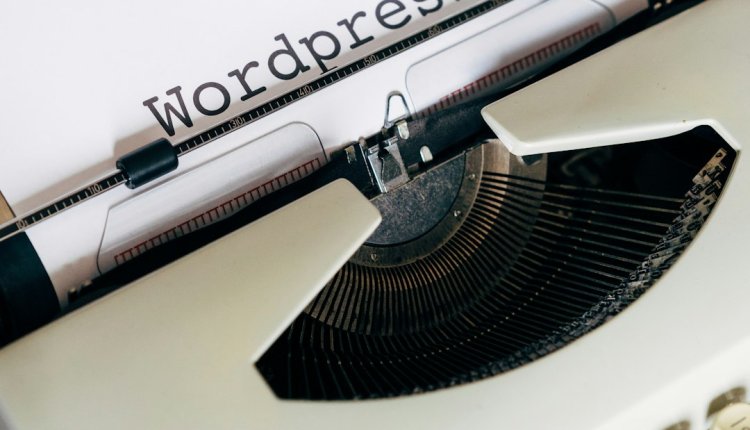Fix “There Has Been a Critical Error” Triggered by Cron
WordPress is one of the most popular content management systems in the world, powering over 40% of all websites on the internet. However, as flexible and user-friendly as WordPress may be, it’s not immune to occasional technical issues. One notorious error that users may encounter is the dreaded “There has been a critical error on your website” message. This issue is sometimes caused or triggered by scheduled tasks, known in WordPress as Cron Jobs. Understanding how to diagnose and fix this can save a great deal of time and frustration.
Understanding WordPress Cron
WordPress Cron is a powerful feature that simulates the behavior of system Cron jobs. Instead of relying on the server’s scheduler, WordPress handles scheduled tasks — like publishing scheduled posts, checking for plugin updates, or sending email notifications — every time a page is loaded.
However, if a scheduled task runs into trouble — for instance, due to a faulty plugin or server misconfiguration — it may result in a critical error and crash the website.
Signs That a Cron Job Caused the Critical Error
The error message itself doesn’t usually give detailed information. But there are a few signs that your issue was triggered by a WordPress Cron job:
- The site becomes inaccessible right after a scheduled post was meant to be published.
- Errors occur during expected maintenance tasks or updates.
- You see critical error emails referencing “wp-cron.php” or a plugin’s scheduled task.
- Enabling WP_DEBUG shows issues inside scheduled action hooks.
Step-by-Step Guide to Fix the Critical Error Triggered by Cron
1. Enable Debug Mode
Start your troubleshooting by turning on WordPress debugging mode. You can do this by editing the wp-config.php file in your site’s root directory. Add or update the following lines:
define( 'WP_DEBUG', true );
define( 'WP_DEBUG_LOG', true );
define( 'WP_DEBUG_DISPLAY', false );This will log errors to a debug.log file within the wp-content directory. Examine this log for any messages related to wp-cron.php or plugin-related cron callbacks.
2. Disable WordPress Cron Temporarily
If cron processes are causing the issue, preventing them from running temporarily can stabilize your site. Add the following line to wp-config.php:
define('DISABLE_WP_CRON', true);This will stop WordPress from running cron jobs on each page load. However, scheduled tasks won’t run until you set up an external cron job or fix the internal issue.
3. Access Recovery Mode via Email
When WordPress encounters a critical error, it usually sends an email to the site administrator. This email contains a special link to access Recovery Mode, where you can deactivate problematic plugins or themes.
If you didn’t receive the email, log in to your hosting control panel, check error logs, and open your WordPress admin in a different browser to try accessing recovery mode manually.
4. Identify the Faulty Plugin or Theme
In many cases, a plugin or theme is attempting to execute a cron job that fails. Use Recovery Mode to deactivate all plugins. Then, reactivate them one by one while checking the site to identify which one is triggering the error.
Alternatively, you can rename the plugins folder in your file manager or via FTP to disable all plugins at once.

5. Use a Plugin to Monitor Cron Jobs
Once you’ve stabilized your site, install a plugin such as WP Crontrol. This plugin provides a visual interface for managing cron events and examining what’s scheduled to run. Check the list for:
- Failing or overdue tasks.
- Unfamiliar events introduced by third-party plugins.
- Functions tied to the error seen in your debug log.
If you identify a problematic hook, delete or edit the event to prevent it from running again.
6. Replace WordPress Cron with Server Cron Job
Disabling WordPress’s simulated Cron system and setting up a server-level Cron Job helps avoid future reliability issues. To do this:
- Keep
define('DISABLE_WP_CRON', true);in wp-config.php. - Go to your hosting dashboard or cPanel.
- Set up a new cron job to run every 5–10 minutes:
*/5 * * * * wget -q -O - https://example.com/wp-cron.php?doing_wp_cron > /dev/null 2>&1This ensures that scheduled tasks run consistently — even without user visits.
7. Investigate PHP Errors or Memory Issues
Sometimes, the issue isn’t with the cron job but rather how your server is handling PHP scripts. Check for:
- Memory Limit: Increase it in wp-config.php via
define('WP_MEMORY_LIMIT', '256M'); - Timeouts or Execution time issues: These can often be configured in
php.inior overridden using.htaccess

8. Seek Help from Hosting Provider
If the issue persists, contact your hosting provider and share your error logs. They can check server error logs beyond what WordPress displays. In shared hosting environments, a misconfigured server sometimes causes wp-cron to malfunction, triggering critical errors.
Preventing Future Cron-Based Critical Errors
The key to prevention is regular site maintenance. Here are some tips to avoid issues down the line:
- Keep plugins and themes updated to avoid deprecated code and security vulnerabilities.
- Use selective plugin activation to avoid unnecessary cron tasks from plugins you don’t actively use.
- Regularly monitor site health via the Site Health tool inside WordPress.
- Implement external cron for large sites — it reduces load and increases reliability.
Conclusion
Encountering a critical error due to WordPress cron jobs can be alarming, but most underlying issues can be diagnosed and resolved with a systematic approach. By enabling debug logs, monitoring cron events, and replacing WP-Cron with a real server cron job, you can restore stability and prevent future disruptions. WordPress is powerful but needs regular attention to function optimally. And when cron jobs behave badly, knowing these troubleshooting steps can make a huge difference.
Frequently Asked Questions (FAQ)
What is a Cron Job in WordPress?
A Cron Job in WordPress is a scheduled task such as checking for updates, publishing scheduled posts, or running automated plugin functions. These are driven by the wp-cron.php file.
How do I know if a Cron Job caused my critical error?
Enable debugging in WordPress and check the debug.log file. If specific cron functions or wp-cron.php appear in the error log, it’s likely a scheduled task triggered the crash.
Is it safe to disable WP Cron?
Temporarily disabling WP-Cron is safe and often necessary during troubleshooting. However, you should replace it with a server-side cron job to ensure scheduled tasks still run.
What kind of plugins typically cause Cron-related issues?
Plugins that handle automation (like backups, email marketing, SEO, or security scans) commonly use cron jobs. Poorly coded or incompatible versions of these plugins can cause critical errors.
Can a theme cause a cron job error?
Yes, it’s uncommon but possible. If the theme has scheduled tasks or background scripts running on a timer, any malfunction in those scripts can trigger an error.
What happens if I ignore cron job errors?
Ignoring cron errors can lead to site breakdown, data inconsistency, failed backups, missed email notifications, and problems with scheduled posts or updates.

Comments are closed, but trackbacks and pingbacks are open.